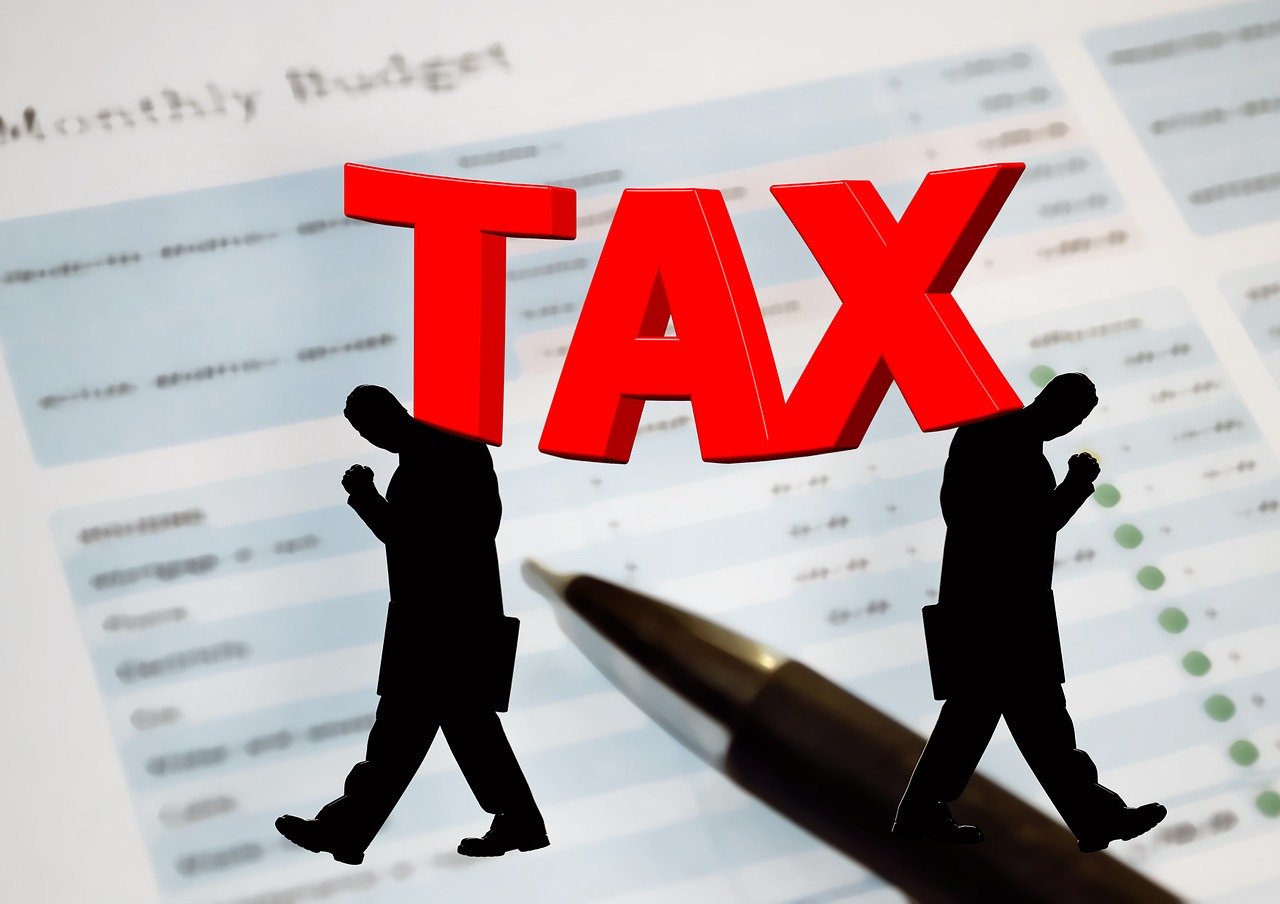
Went to continuing education class 10/15/22 and this is what we discussed.
While there are no major changes to the Bankruptcy Code, however there are a few that are advantageous to the debtor, some of which we will discuss here.
In California there are two different schedules of exemptions, or what you are allowed to keep.
The first exemption schedule is CCP 703 most bankruptcy attorneys referred to personal property exemption schedule allowing you to keep most of your personal property. You can download a copy from the internet, Google Calif Form EJ-156. As of January 1, 2023, the one major change will be increasing the exemption amount for your car will increase to $7,500 of equity in your car. In other words, if your car is worth less than $7,500, the Court trustee will not try to sell it to pay your creditors. (Most trustees will tell you they hate trying to seize a car and sell it.) However, even if you have more equity than $7,500 you will likely me able to keep the car under this exemption schedule.
The other CCP 703 change will be for a fully exempt home, any post-petition appreciation will now be exempt and go to the debtor instead of the court.
The second exemption schedule is CCP 704, which is referred to as the homestead exemption. While the exemptions allowing you to keep your home are generous, the exemptions to allow you to keep your personal property is/was rather meager.
Under CCP 704:
- the car exemption has increase from $3,625 to $7,500.
- Car exemptions for disabled debtors are fully exempt
- Wage related benefits increased to $7,500
- New exemption for support and separate maintenance that are reasonably necessary.
- Deposit accounts increased from nothing to $1947.00
There has also been a change in the state code ⸹2983.3(a)(2) and ⸹22329(b)(1) amending Automobile Sales Finance Act. This provision has been revised and excludes bankruptcy filing from defaults, and no longer allowing creditor to repossess the car because of a bankruptcy filing.
Under the Bankruptcy Code, you are required to sign a new agreement reaffirming your automobile contract or surrender the car. If you fail to sign new contract, creditor is allowed to repossess the car. In California, if you kept your payments current a reaffirmation agreement was not necessary. The modification of The Automobile Sales Finance Act puts another hurdle in front of a creditor thinking about repossession. It gives the Debtor an option to renegotiate the terms other than balance.
While there is still the issue of Preemption, the automobile creditors did not object to this too much in agreeing to this clause, (the car creditors wanted to limited the amount of exemption the debtor would be entitled to.) so keeping are fingers crossed, we probably will be signing no more reaffirmation
Not without some negotiating for new terms in the car agreement!